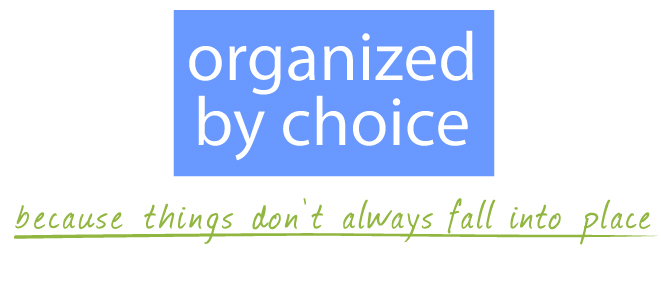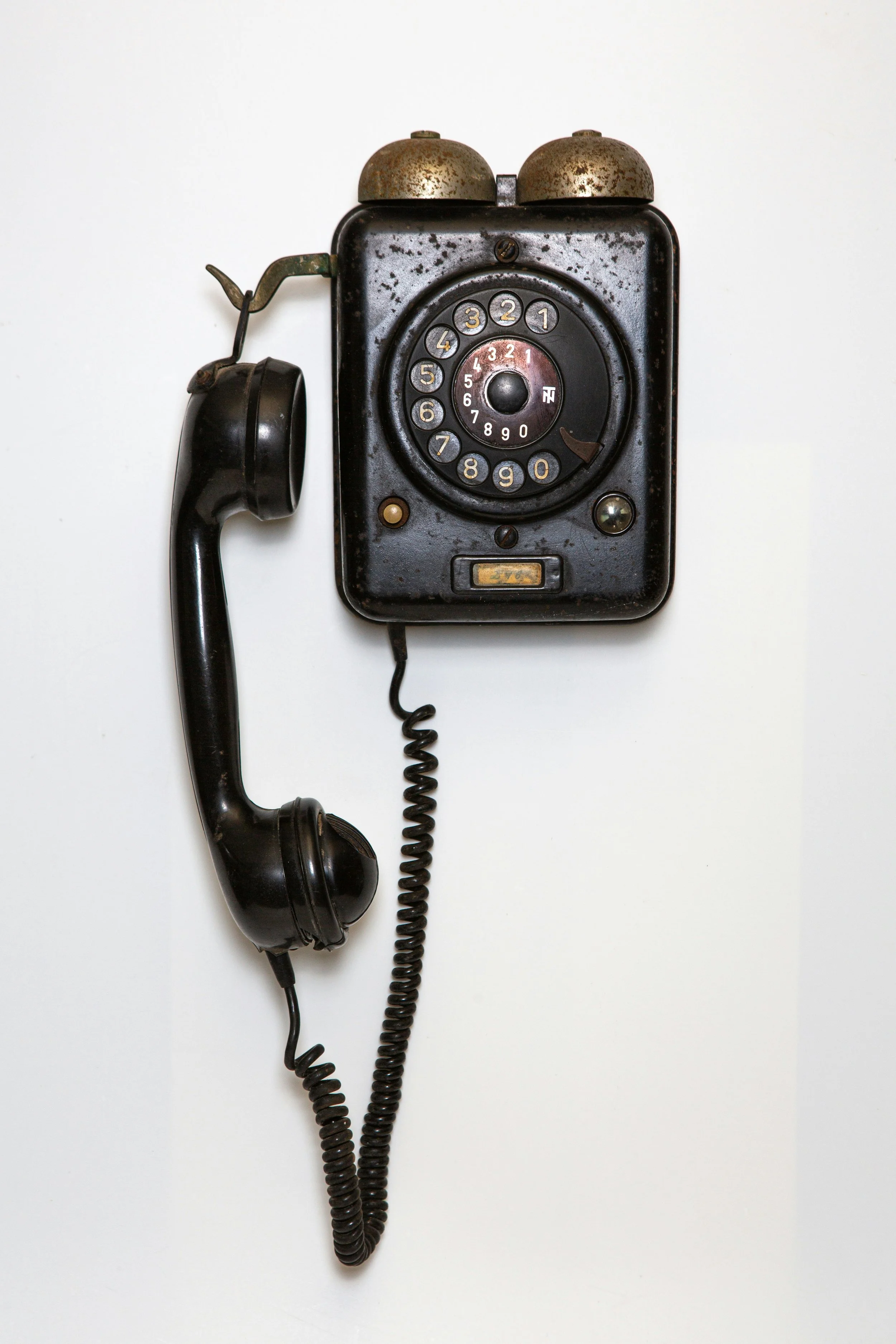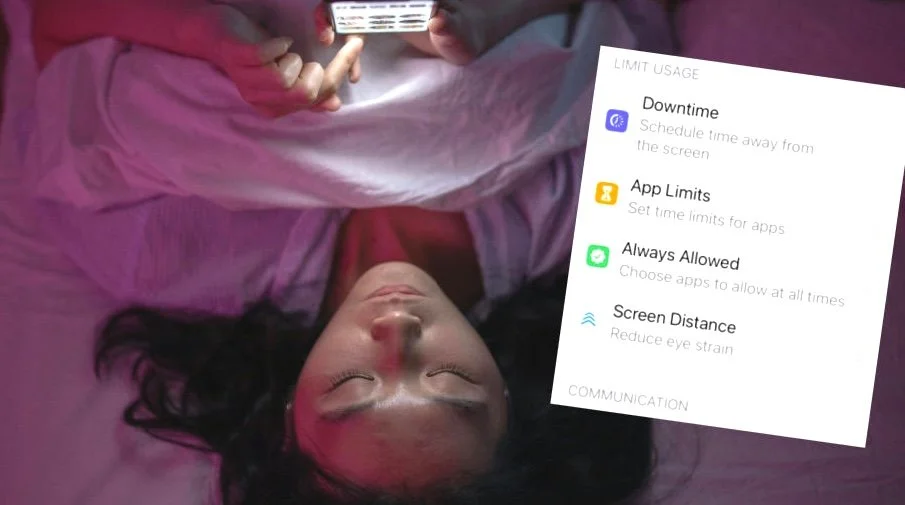When I was a teenager, my boyfriend lived across the street. When we talked on the phone his dad complained, “Why don’t you just go over there instead of tying up the phone?” I stood by the window in our dining area and he in his garage with the garage door open. That way we could see each other while we talked. I suppose it’s somewhat like today’s teens texting one another while sitting at the same table.
Some of you remember phones tethered to the wall and cords connecting the receiver, limiting mobility and privacy. Whether you were a family of three or six, you shared one phone line. A far cry from the accessibility and capabilities of our phones today.
One of my mantras is “keep close what you use most.” For that reason, many of us keep our phones close. In fact, I encourage clients to use their phones more for things like grocery lists, reminders, contacts, and saving information. There are countless ways our phones help us be more productive.
But what about when our phones become counterproductive? Do you lose minutes or hours scrolling mindlessly--forgetting why you picked up your phone in the first place? Do you experience dry eyes or headaches? Are you suffering from "Tech Neck" or back problems? What about anxiety or depression? Do you spend time on your phone in bed and have a hard time falling asleep?
In a study called “The Relationship between Cellphone Usage on the Physical and Mental Wellbeing of University Students: A Cross-Sectional Study” (www.mdpi.com), cell phone usage was a common contributor to these symptoms.
For some, phone use has crossed the line to addiction. The shot of dopamine received from social media, games, and notifications causes frequent phone checking. Games and Apps are designed to engage you non-stop. The phone provides an escape from real life troubles. Like any addiction it strains relationships, hampers productivity, and leads to anxiety and irritability when one tries to stop.
Unlike the phone tethered to the wall, there are few to no boundaries for cell phone use. Apparently not even in the movie theater, according to the woman sitting next to me who received three phone calls during the show. She finally stopped answering when she fell asleep, but then the snoring began. I digress…
Whether you’re 14 or 94 years old, it’s never too soon or too late for Timely Tips to regain control.
Timely Tips for Productive Phone Use
Screen Time doesn’t lie.
Check “Screen Time” in Settings, for iOS users and “Digital Wellbeing” for Android users.
Discover how long and where you’re spending time on your phone (messaging, Instagram, podcasts, Amazon, YouTube, etc.).
Set limits.
Using your phone's settings, set time limits for apps.
Schedule “Downtime” for work, sleep, etc.
Choose which apps or calls to allow access during downtime.
Scale down distractions.
Turn off notifications that aren't essential. Do you really need to immediately see Domino’s Daily Deals?
Allow your brain to focus on what you’re doing in the moment.
Schedule time.
Reducing notifications can cause FOMO (fear of missing out).
Avoid FOMO by scheduling time for checking email, messages, podcasts, etc.
Set it down.
The other day I noticed an item on a client’s kitchen counter called “The Phone Box” (available on Amazon). She explained she is working on being more present with her family. Her goal is to keep her phone in the phone box except for an hour in the morning and an hour at night. If she picks it up in between time, it’s an intentional act.
Baby steps - start by putting your phone out of sight and reach during dinner, or while visiting with friends.
Like exercising a new muscle, it will hurt a little at first, but keep in mind the benefits you'll receive, and the consequences you're avoiding.
My generation is proof that life without a phone attached at the hip is possible.
wise words
Your cell phone has already replaced your watch, camera, calendar, and alarm clock. Don't let it replace your family. --Unknown
That boyfriend is now my #1 favorite in my phone contacts. I married him.




